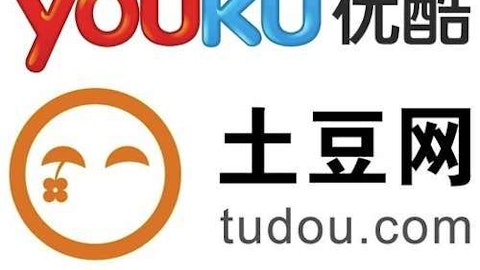There is huge potential for online dating stocks, but customer satisfaction is on the decline. Should you invest?
Online dating companies have been in the news a lot lately. Maybe you’ve even heard of this new app that the kids are using: Tinder. Far from just another extension of post-adolescent shallowness, Tinder has spread like wildfire and now processes over 200 million matches per day.
That number is high because the app makes it very easy to browse through several matches in one sitting, phasing out things like profiles and questionnaires. Users are simply presented with a photograph and a button for “yes” and “no.”
Still. 200 million.
This app has also succeeded at getting something which many other dating sites have only dreamed of – a relatively even distribution between men and women. Tinder is putting to rest the dated notion that women would be less interested in online dating options on the more casual side.
And consider a new report discovered by Quartz this morning. It’s suggesting that millennials, the increasingly ubiquitous term for people who came of age in the post-2000’s period of social media and Lady Gaga, are less likely to feel ashamed of online dating.
This may not be interesting in its own right. New products, especially ones that pertain to affairs of the heart, are always going to be greeted with skepticism at first.
But it’s interesting because while more and more twenty-somethings report an acceptance of online dating, they simultaneously profess to being less satisfied with the results. Including apps like Tinder, the market for online dating has expanded four times in the last five years. And while the percentage of Americans who are online seems like a narrow demographic at 11% – that number swells to almost 40% when you exclude married couples.
That’s some pretty considerable market growth. And yet we have to include evidence of dwindling satisfaction with the results.
– Over a third of customers reported getting matched with someone they already know – hardly the point of online encounters.
– And over half reported being misled by, um, embellished profiles.
– One in ten customers admitted being ashamed for resorting to using dating websites to begin with.
Those are hardly product endorsements.
This of course strikes a very different note from China, where a matchmaking industry has flourished. There, bachelors regularly shell out six figure fees to matchmaking services. These are country club alternatives compared to the American firms, and they actually hire operatives to scan the streets and high-end stores, finding matches for wealthy clients with rigid specifications.
Jiayuan.com International Ltd (NASDAQ:DATE), the largest Chinese dating service that trades in the US, has seen huge growth this year, withearnings per share (EPS) rising 150%, and projected to grow another 20% in the next year.
China may be a unique case. America has neither the one-child policy nor the gender imbalance which has prompted parents to resort to informal, open-air marriage markets, presenting hand-written personal ads for their children. And new data suggests that, with some anomalous exceptions, Americans are still as wary as ever of meeting a stranger online.
So does the brave new world of online dating present investing opportunities? We compiled a list of stocks traded on US exchanges that operate in this market. We’ll let you decide if it’s a match made in, well, online heaven.
Click on the interactive chart to view sales data over time.






